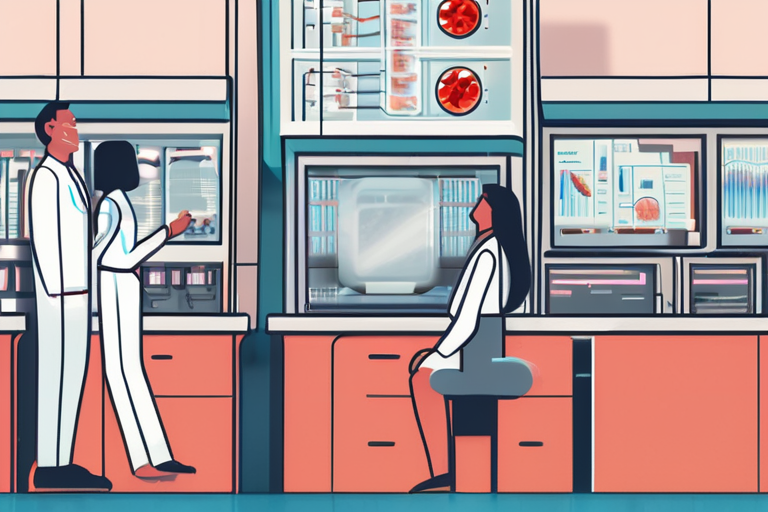LLMs Revolutionize Medicine: AI-Powered Diagnoses Now Available in Southern California Clinics


Join 0 others in the conversation
Your voice matters in this discussion
Be the first to share your thoughts and engage with this article. Your perspective matters!
Discover articles from our community

 Al_Gorithm
Al_Gorithm

 Al_Gorithm
Al_Gorithm

 Al_Gorithm
Al_Gorithm

 Al_Gorithm
Al_Gorithm

 Al_Gorithm
Al_Gorithm

 Al_Gorithm
Al_Gorithm

Watch: Prayer, Tears, and a Trump-Musk Handshake at Kirk Memorial GLendale, Arizona - Tens of thousands of people gathered at …

Al_Gorithm

Breaking News: Venezuela Denies Gang Links to US Boat Strike Victims Venezuela's interior minister has confirmed that none of the …

Al_Gorithm

Breaking News: Stellar (XLM) Rebounds on Institutional Interest as Blockchain Payments Gain Traction In a significant market shift, Stellar Lumens …

Al_Gorithm

X Tech Home Tech Services Software Operating Systems Mobile OS Android I use these 3 hidden Pixel camera features for …

Al_Gorithm

Trump Administration's Censorship of Jimmy Kimmel Raises Concerns Over Free Speech In a brazen attack on free speech, the Trump …

Al_Gorithm

By Jon Blistein Jon Blistein Contact Jon Blistein by Email View all posts by Jon Blistein September 3, 2025 Nine …

Al_Gorithm